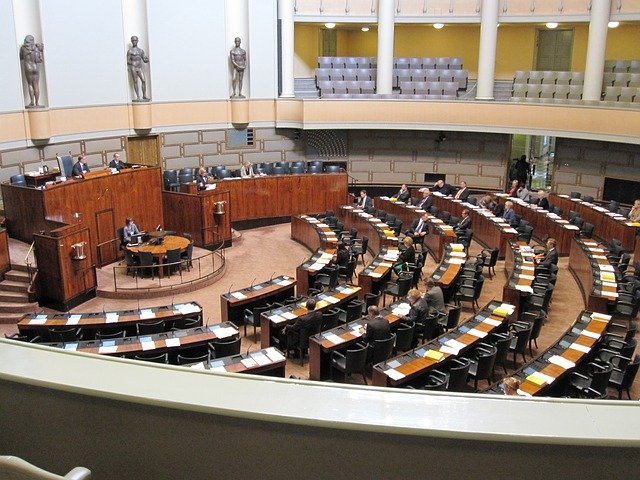
The idea of jurisdiction is used in the judicial field.
The etymology of fuero takes us to the Latin word forum , which can be translated as “forum.” The dictionary of the Royal Spanish Academy ( RAE ) recognizes almost a dozen meanings of the term.
The forum can be a jurisdiction : the power to apply legal norms in specific cases. The legal status that applies in a specific locality is also called jurisdiction.
The jurisdictions can be powers to which the parties to a dispute submit. These powers are those corresponding by virtue of the law .
The jurisdiction as jurisdictional competence
The most frequent use of the concept today is linked to the extraordinary jurisdictional competence that is granted to an individual by virtue of a position . In this case, the privileges are privileges : it is a benefit that only certain people enjoy and not the common people.
Parliamentary privileges , in this framework, are privileges available to the members of a democratic Parliament . Those who represent the population in these bodies have a certain immunity while they carry out their function.

Parliamentary privileges confer a certain immunity to members of Parliament.
Guarantee of the division of powers
These jurisdictions arose to guarantee the separation of powers and prevent the persecution of parliamentarians who opposed the government. Without the privileges, a senator or a representative could be accused of a non-existent crime and thus, within the framework of a process, be removed from public life. That is why parliamentarians are granted privileges, which prevent them from being prosecuted or imprisoned, for example.
However, this privilege granted to legislators can be taken advantage of by leaders who, to avoid the advancement of judicial cases against them, run for elections with the aim of entering Parliament and thus obtaining privileges that protect them.
Origins of the jurisdiction
Regarding the origins of the jurisdiction, we must go back to the time of the Muslim conquest of Hispania, which took place during the first part of the 8th century and is considered the birth of the most important kingdoms of the Iberian Peninsula. This event brought about the end of the unity that the Visigothic kingdom had obtained through the so-called Liber ludiciorum , a body of laws that was promulgated in the middle of the 7th century and had a territorial nature.
In each part of the territory the legal response was different, since it depended on the events that took place in response to said rupture . The reconquest of the peninsula then began, something that brought with it the creation of several Christian kingdoms and the emergence of a new, diverse and plural Law, whose main characteristic was its local nature.
The Christian kings and secular lords decided to give certain privileges in areas with a special strategic or economic value, with the aim of attracting a greater number of settlers. In this way they managed to reinforce border security and promote their economic development . The name given to the documents in which said privileges that preceded the charters were mentioned is carta pueblas .
Decades and centuries passed, until the beginning of the second millennium approached, when authorities began to establish local law in writing. To do this, they collected the rules of various precedences and developed a new form of charters with royal privileges that were called in Latin ( chartae libertatis and chartae fori are some of the names) although scholars call them brief charters since their length does not exceed the limits of the diploma in which they were written.
The customs of the different localities were reflected in the charters along with the privileges that the kings received from them and the group of provisions that guaranteed the preservation of the clergy, vassalage and nobility of each area.
